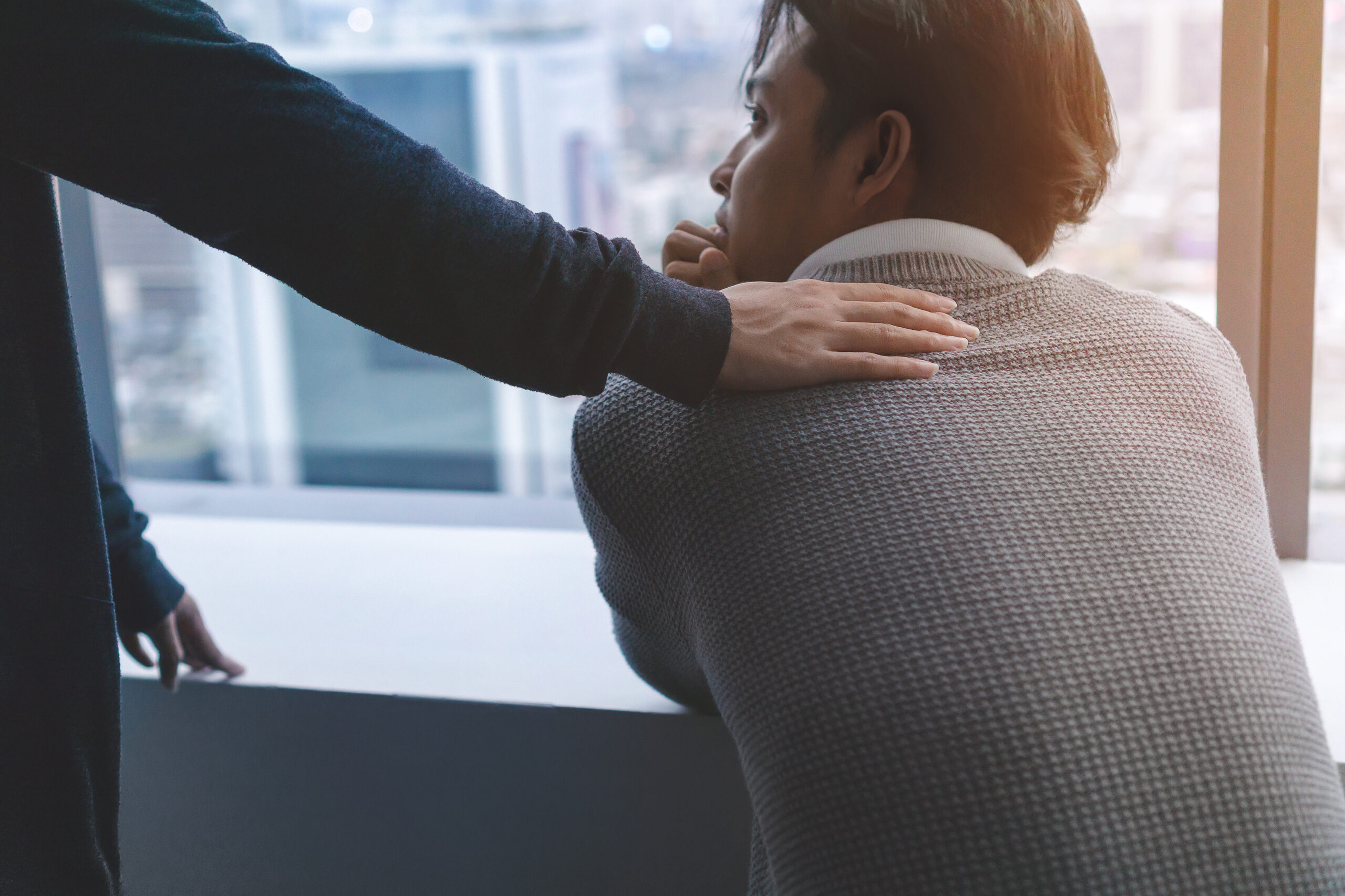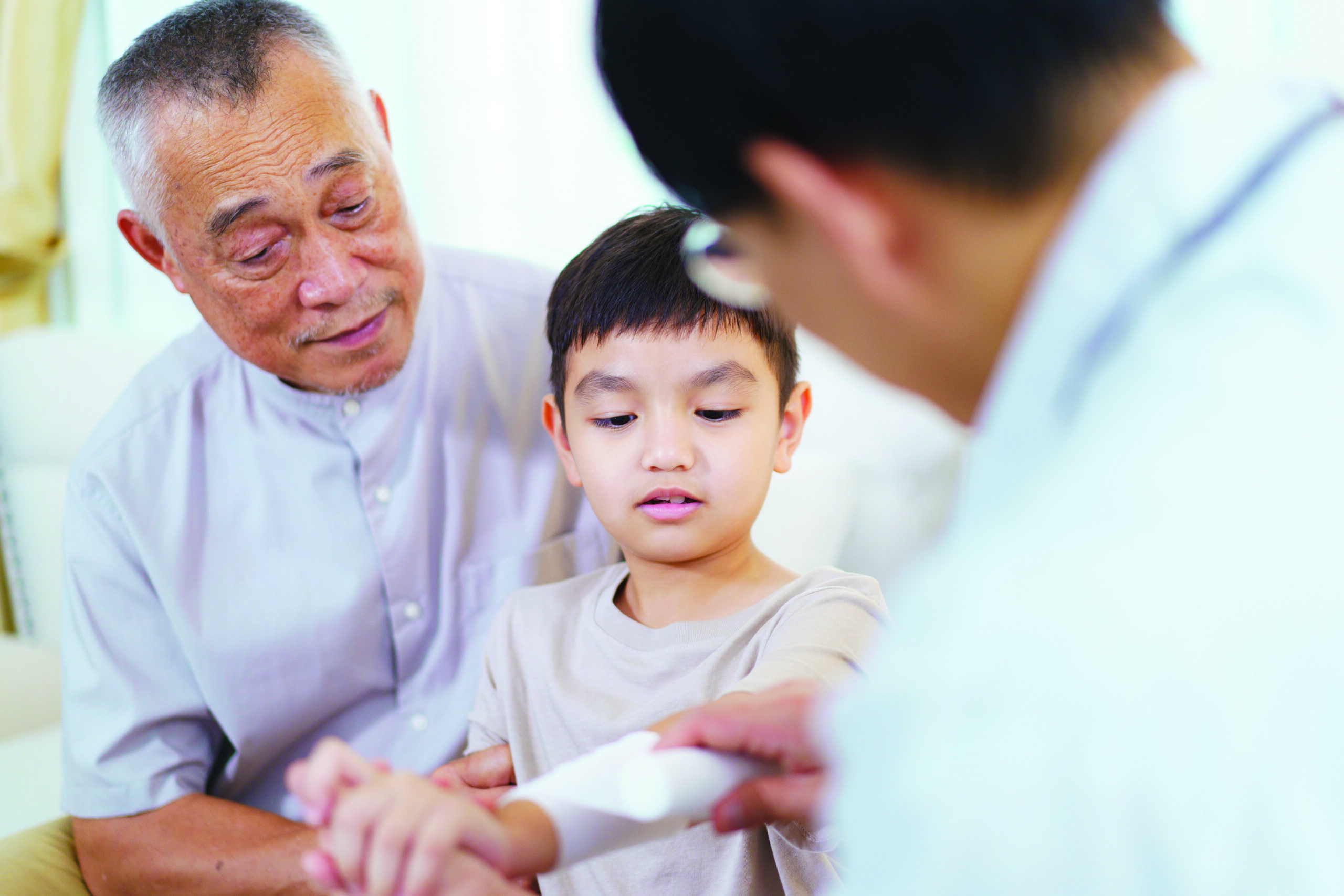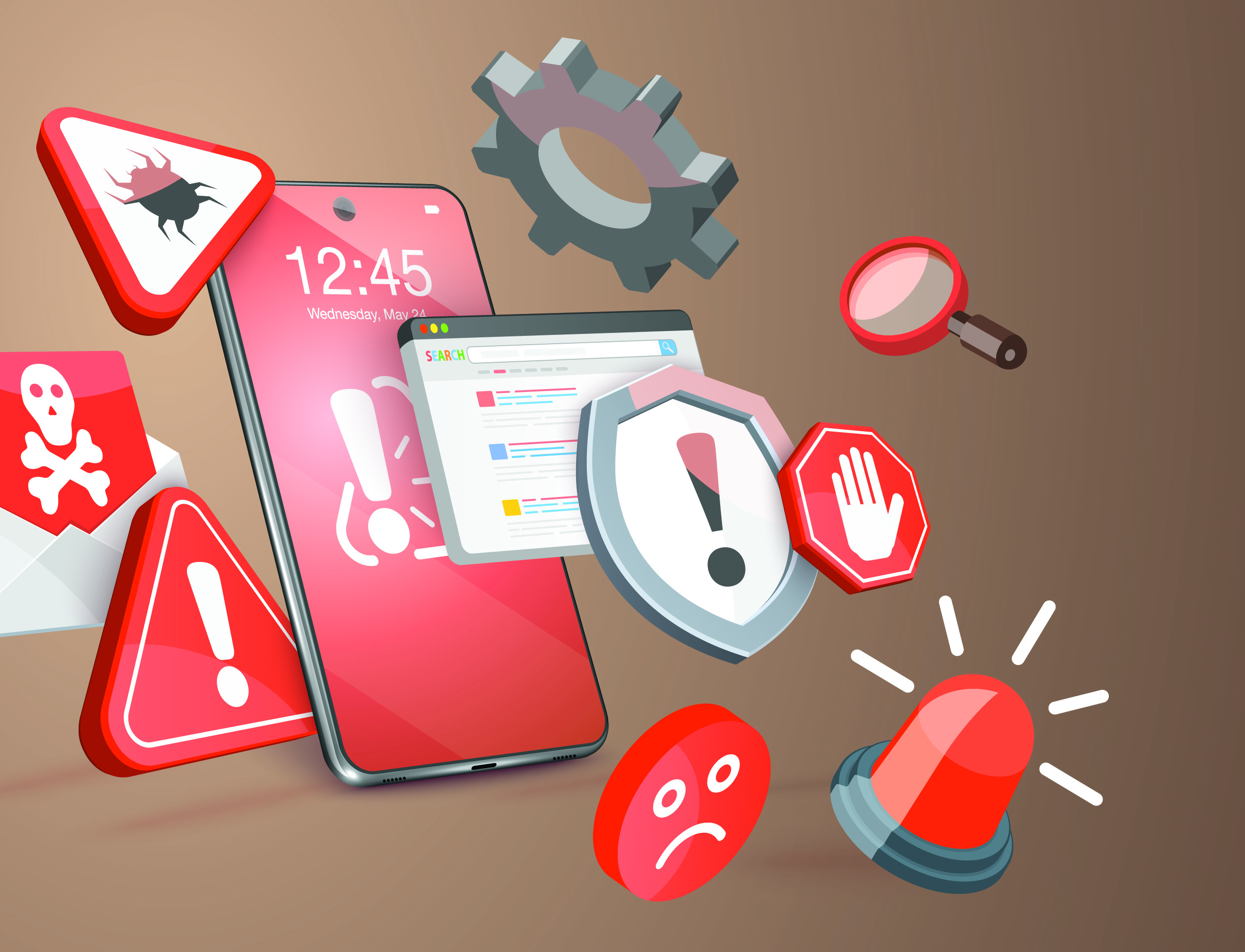by Caitlin O’Donnell
Losing abilities one depends on, even temporarily, is a huge blow. The stress of court, missing work and mounting medical bills are only the beginning of the emotional and psychological impact of injuries. Victims often become depressed, undergo the grieving process or even develop PTSD. Below are some tips to protect a person’s mental health as they recover from an injury.
- Keep a journal. A journal can help an injured person release painful emotions, express themselves freely and document everything so it will be straight in their mind when it is time to go to court.
- Create a new routine. A lack of structure causes many injured people to start feeling depressed. Getting up at the same time every day with some semblance of a plan can help the victim feel more control over their life.
- Set reasonable goals for recovery. Consider the doctor and physical therapist’s timeline for healing. Being unable to do things they used to, especially things they loved, is another factor that leads accident victims to feel depressed. Focusing on recovery goals can temporarily replace other goals the victim is used to focusing on and fill that void. It helps to set SMART goals—Specific, Measurable, Achievable, Relevant and Time-bound.
- Keep spirits up. Many people who are healing benefit from optimistic mantras, watching a funny movie, keeping a gratitude journal or reading a good book, for example.
- Don’t push through the injury. Doing so often lengthens recovery time. Only the injured party really knows when they are at their limit or able to do more. It is vital for them to listen to their bodies above all else and also follow the doctor’s orders. Ignoring doctor’s recommendations can also harm their case in court.
- It is normal for an injured person to grieve for their well-being or feelings of safety. The grieving process includes denial, anger, bargaining, depression and acceptance. It does not necessarily follow the same order for everyone, and it may repeat some phases.
- Pay attention to emotional symptoms. Slow improvement is improvement, no matter how small. Showing no emotional improvement after a month could indicate the accident caused PTSD.
- Stay in touch with friends and family. Injured people tend to isolate themselves, which worsens the negative feelings the injury caused. Socializing can provide a listening ear, keep the victim’s mind off their injury for a while, provide emotional support, assist with care and more.








Leave A Comment